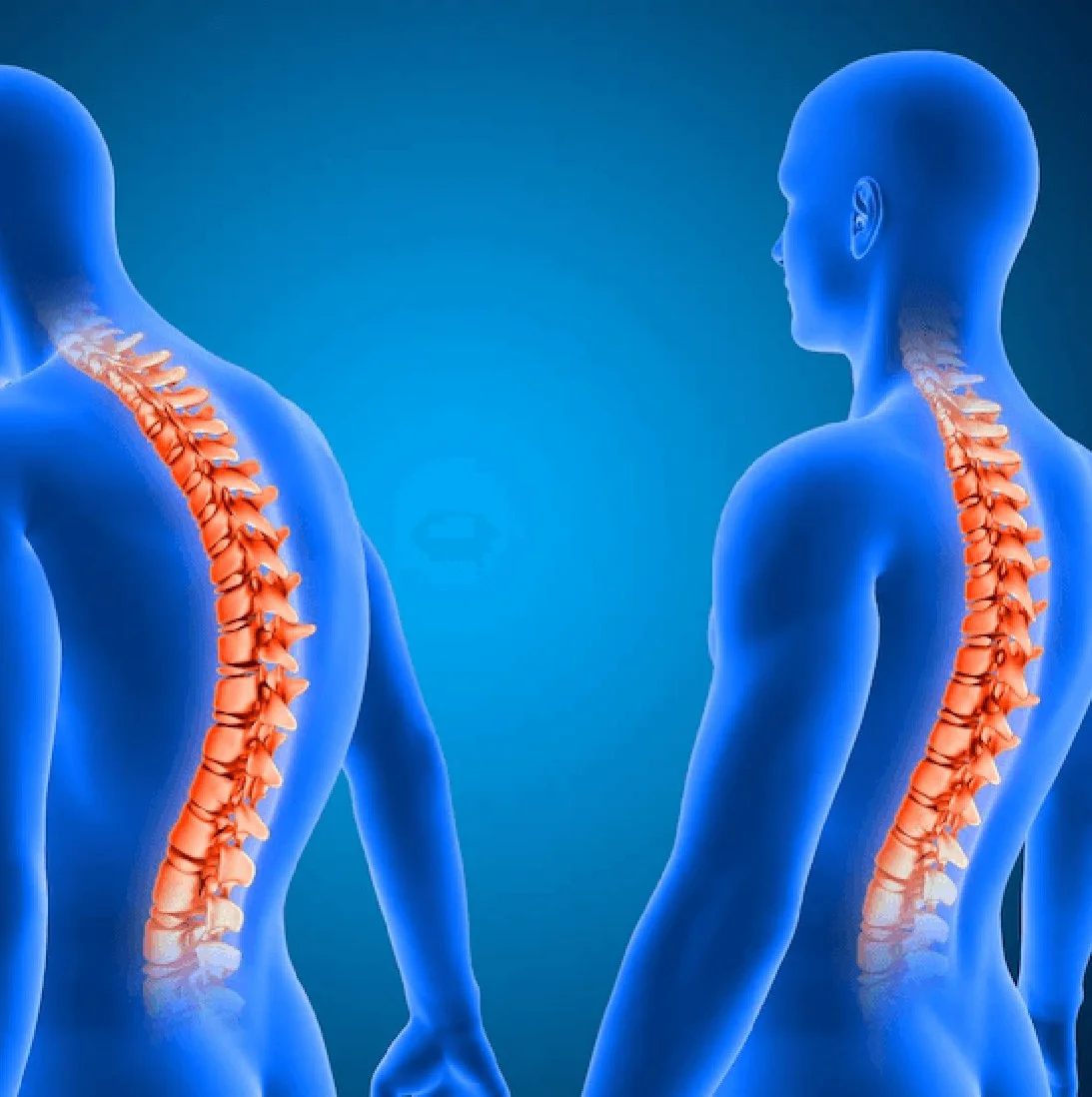
Department of Neuro Surgery
Welcome To Gangasheel Hospital
What is Slip Disc?
The spine is made up of a series of bones (vertebrae) stacked on top of each other. From top to bottom, the columns have 7 cervical vertebrae, 12 thoracic vertebrae, 5 lumbar vertebrae, followed by the sacrum and coccyx at the base. These bones are cushioned by intervertebral discs. Intervertebral discs protect bones by absorbing shock during daily activities such as walking, lifting, and turning.
Each disc consists of two parts: a soft jelly-like inner part and a hard outer ring. Injury or weakness can cause the inner portion of the disc to protrude from the outer ring. This is called intervertebral disc herniation, intervertebral disc herniation, intervertebral disc herniation. This causes pain and discomfort. If a herniated disc is compressing one of the spinal nerves, you may also experience numbness and pain along the affected nerve.
In severe cases, surgery may be needed to remove or repair a herniated disc.
A herniated disc can occur anywhere in the spine, from the neck to the lower back. The lower back is one of the most common sites for disc herniation. The spine is a complex network of nerves and blood vessels. A herniated disc can put extra pressure on the surrounding nerves and muscles.
- Pain and numbness, most commonly on one side of the body.
- Pain radiates to arm or leg.
- Pain worse at night or with certain movements.
- Pain worse after standing or standing.
- Sitting Poor.
- Pain when walking short distances.
- Unexplained muscle weakness.
- Aching, pain, or burning in the affected area.
The type of pain varies from person to person. If your pain causes numbness or tingling that affects your ability to control your muscles, see your doctor.
A herniated disc occurs when the outer annulus weakens or ruptures, causing the inner portion to fall out. It happens with age. Movement can also cause a herniated disc. Twisting or rotating to lift an object can cause the disc to slip. Lifting very large and heavy objects puts a lot of strain on your lower back and can lead to a herniated disc. If you do physically demanding work, such as lifting things, you may be at an increased risk of a herniated disc.
Overweight people are also at increased risk of disc herniation because the discs have to support the extra weight. Weak muscles and a sedentary lifestyle can also contribute to the development of a herniated disc.
As you get older, you are more likely to develop a herniated disc. This is because the intervertebral disc loses some of its protective moisture as we age. This makes it easier to slide. It is more common in men than women.
Yes, Slip Disc treatment is available in Bareilly at Gangasheel Hospital by the team of expert Neuro Surgeon's in the city.
